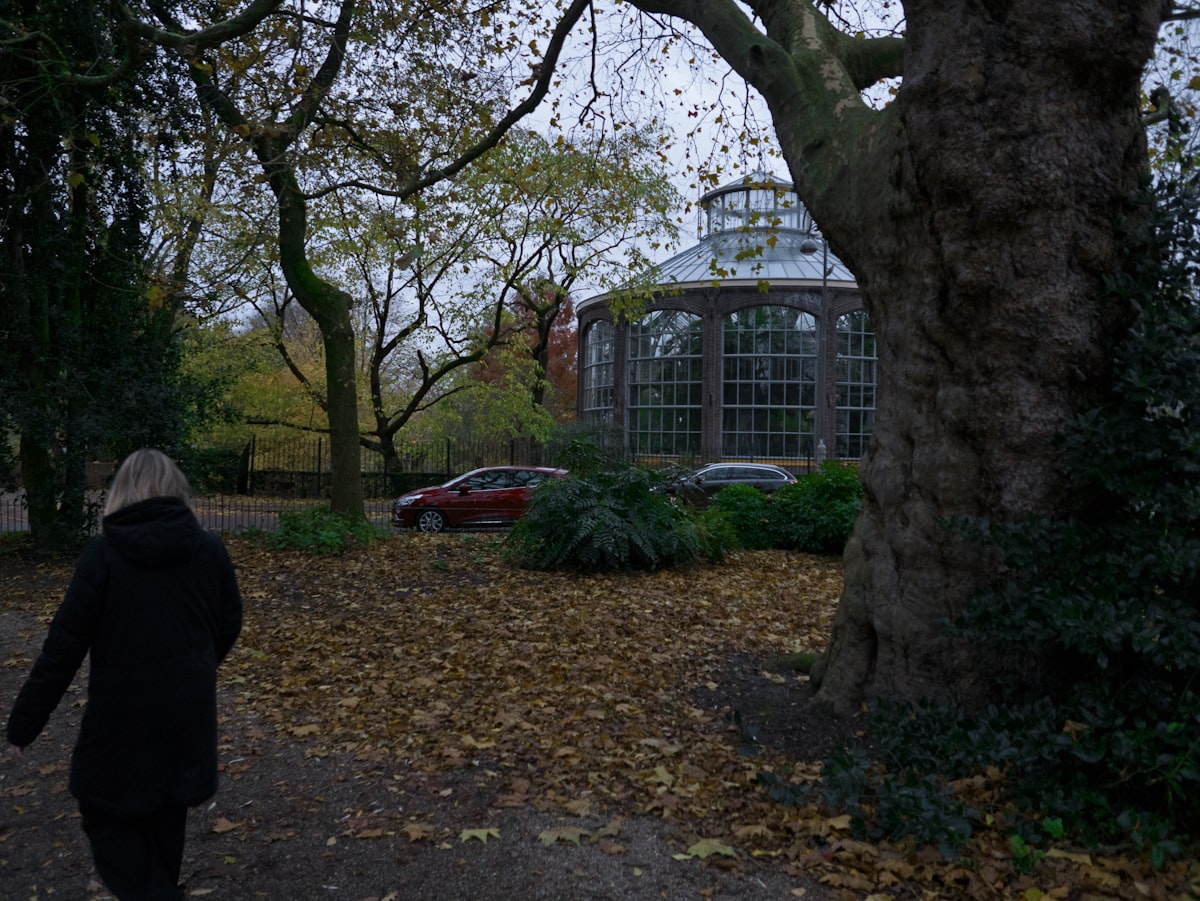In the world of employment, there can be periods of transition that go beyond the typical notice period. One such instance is garden leave.
What is garden leave?
Garden leave is a period during which an employee who is leaving a company, either by resignation or termination, is required to stay away from the workplace but continues to receive their regular pay and benefits. This essentially means they are on a paid leave of absence.
Why is garden leave used?
There are several reasons why an employer might implement garden leave:
- Protecting confidential information: By keeping the employee away from the workplace, the company aims to prevent them from accessing or taking sensitive information with them to a new employer.
- Ensuring a smooth handover: Garden leave can provide time for the departing employee to properly hand over their responsibilities and ensure a smooth transition for colleagues who will take over their work.
- Enforcing non-compete agreements: In some jurisdictions, garden leave can be used to support the enforcement of non-compete clauses, which restrict the employee from working for a competitor for a certain period after leaving the company https://queersville.net/.
What are the implications of garden leave?
For the employee, garden leave can have both positive and negative aspects:
- Positives: They continue to receive their salary and benefits during the leave period, and they may have more time for personal pursuits or to start preparing for their new role.
- Negatives: It can be frustrating to be unable to work during this time, and it can also lead to feelings of isolation and disconnection from former colleagues.
It’s important to note that the legality and enforceability of garden leave can vary depending on factors such as local employment laws and the specific terms of the employee’s contract. It’s always advisable to consult with an employment lawyer or relevant authorities for specific guidance.

